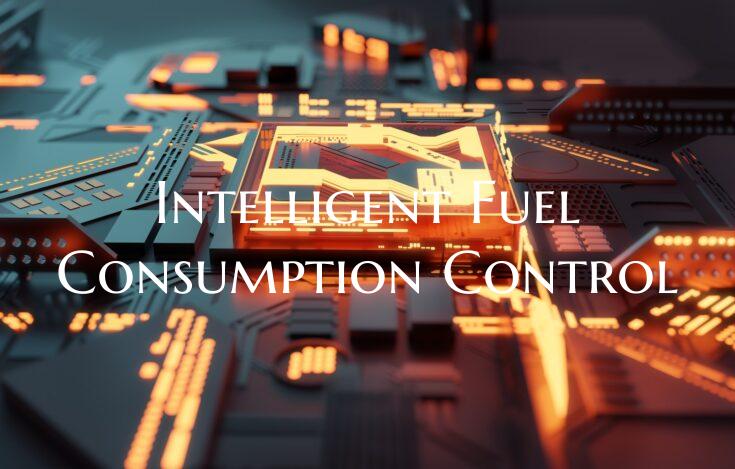Intelligent Fuel Consumption Control
In today's increasingly eco-conscious world, managing fuel consumption efficiently is paramount for both cost-effective transportation and reducing environmental impact. The concept of intelligent fuel consumption control is an innovative approach that utilizes advanced technologies and intelligent systems to optimize fuel usage in various vehicles and industries.
One of the key components of intelligent fuel consumption control is the integration of data analytics and machine learning algorithms. By analyzing vast amounts of data such as driving patterns, traffic conditions, and vehicle performance metrics, these systems can provide real-time insights and recommendations to improve fuel efficiency. For instance, predictive analytics can anticipate upcoming routes and adjust engine settings accordingly to minimize fuel wastage.
Moreover, the implementation of IoT (Internet of Things) devices and sensors plays a crucial role in intelligent fuel consumption control. These devices can monitor fuel levels, engine performance, and driving behavior continuously. By collecting and transmitting this data to a central control system, operators can proactively identify potential inefficiencies and take corrective actions promptly, thus optimizing fuel consumption in real-time.
Furthermore, intelligent fuel consumption control systems can also incorporate elements of eco-driving principles. By providing drivers with feedback on their driving habits such as aggressive acceleration or excessive idling, these systems can encourage more fuel-efficient behaviors on the road. Additionally, features like route optimization, speed control, and eco-friendly driving tips can further contribute to reducing fuel consumption and carbon emissions.
In commercial transportation and logistics sectors, intelligent fuel consumption control can lead to significant cost savings and environmental benefits. Fleet managers can remotely monitor and manage multiple vehicles simultaneously, ensuring that each vehicle operates at peak efficiency. By reducing unnecessary idling, optimizing routes, and maintaining vehicles for optimal performance, companies can cut down on fuel expenses and carbon footprint, establishing themselves as responsible and sustainable operators.
In conclusion, intelligent fuel consumption control presents a promising solution for addressing the challenges of fuel efficiency and environmental sustainability. By leveraging cutting-edge technologies and data-driven insights, this approach empowers individuals and organizations to make smarter decisions regarding fuel usage, ultimately leading to reduced costs, improved performance, and a greener planet.

